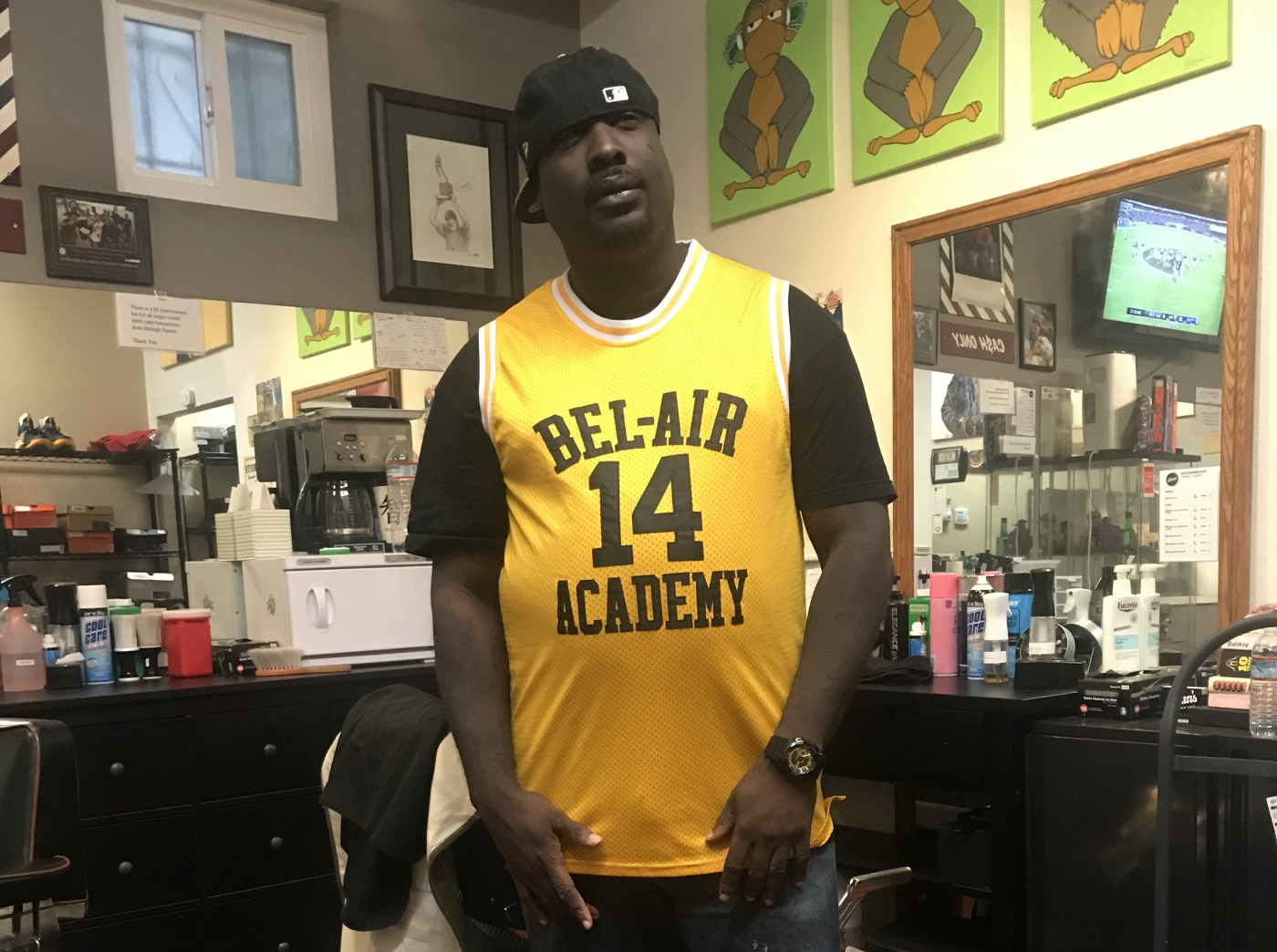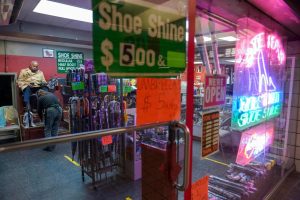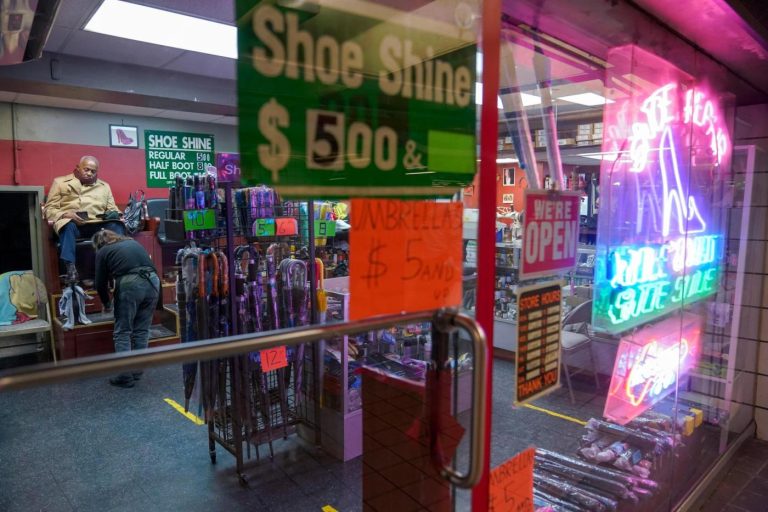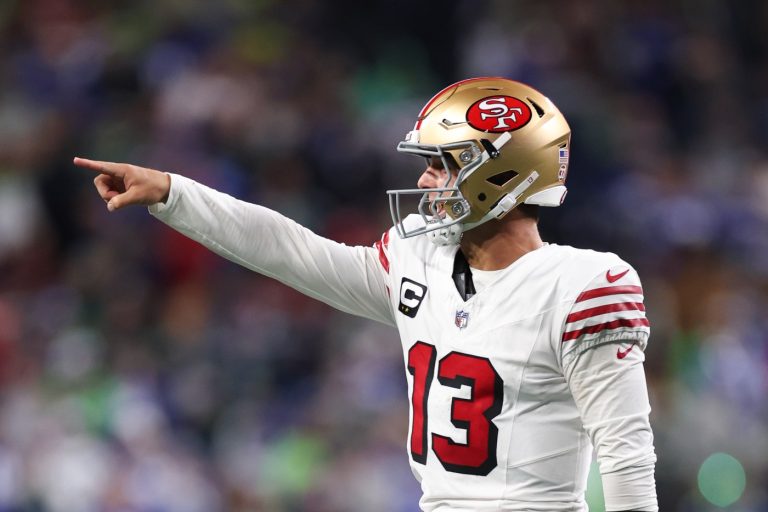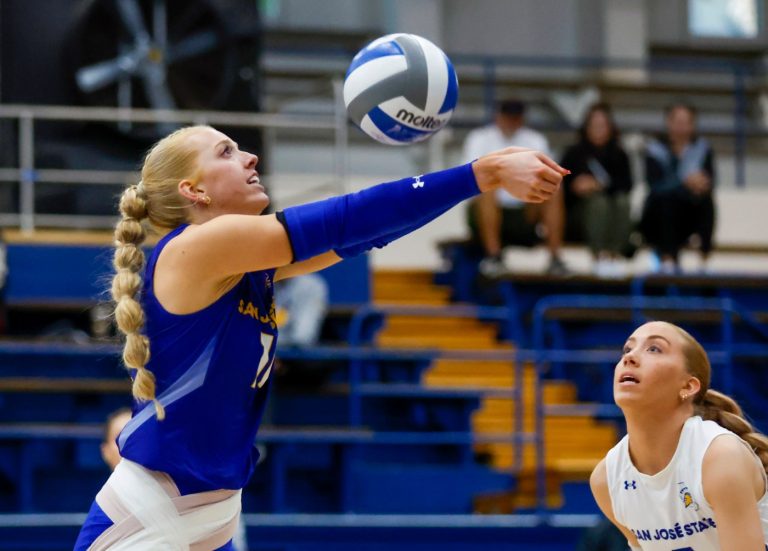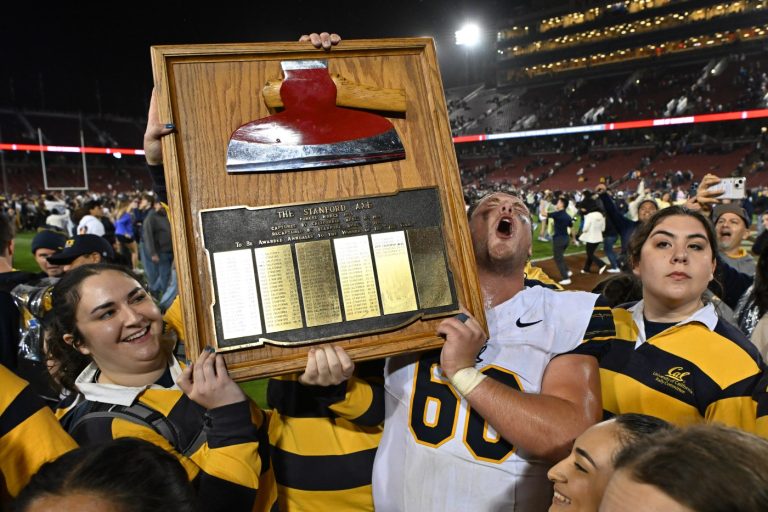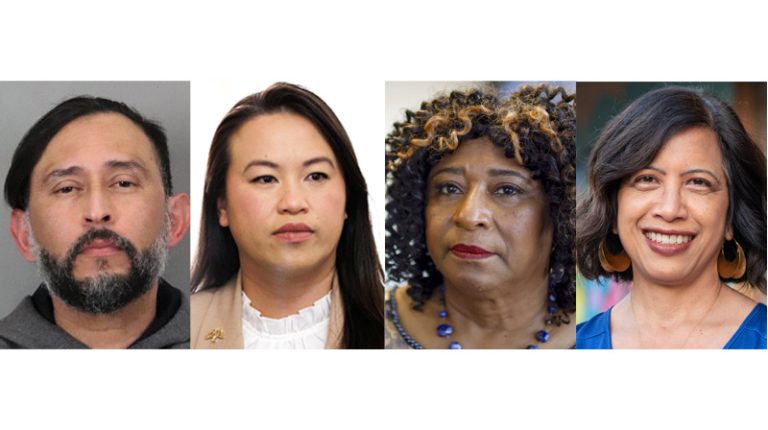OAKLAND — Kenzie Smith, a Black community leader in Oakland whose 2018 run-in with a white woman shed light on the country’s racial tensions, died over the weekend. He was 43.
A well-known local figure, he co-founded and helped run Dope Era Magazine, a publishing arm of the clothing brand established by Oakland hip-hop icon Mistah F.A.B., who is Smith’s half-brother.
Smith’s role in the infamous BBQ Becky incident in 2018 — in which the woman called the police on Smith and his friend Onsayo Abram after taking issue with an open-air charcoal grill they were tending at Lake Merritt — quickly gained national attention.
It was one of the earliest viral instances of a phenomenon that has since become familiar: white people, captured on smartphone cameras, calling 911 over interactions with Black people that are observably safer than the situation they described to authorities.
The incident vaulted his community work into the spotlight, leading Smith to run unsuccessfully for City Council and later serve as Councilmember Rebecca Kaplan’s appointment on the city Parks and Recreation Advisory Commission.
The official cause of Smith’s death is not known, but close loved ones said he had been struggling with hypertension and believe he may have suffered cardiac arrest.
Around town, Smith was known for his booming social energy and uncanny ability to remember the face of anyone he met.
“To me, he was just an annoying little brother,” F.A.B., known formally as Stanley Cox, said Monday of Smith, who was born to the same father. The half-brothers first connected in the 2000s.
Kenzie Smith photographed near where a white woman reported him and his friends to the police in 2018 for barbecuing at Lake Merritt with a charcoal grill in the infamous BBQ Becky incident. (courtesy photo)
“My momma used to say, ‘You don’t know how tall a giant actually is when you’re standing next to him,’” F.A.B. added. “Sometimes it takes stepping away to realize how mammoth they were.”
The memorable #BBQBecky hashtag gave birth to a series of community events in Oakland with a similarly catchy slogan: Barbecuing While Black.
The cookouts were hailed for bringing racial diversity back to Lake Merritt.
Smith was lauded by the public as a local hero — especially for work he’d already been doing to help homeless residents in Oakland — but privately he struggled with the attention, saying in an interview last year that he often suffered from traumatic stress.
“He always made sure people knew he believed in them, because he wanted them to believe in him too,” said Michelle Dione, Smith’s ex-wife, who remained on good terms with him.
The two met in the late 2000s and pitched F.A.B. on starting a magazine to accompany the rapper’s Dope Era clothing line. Smith already had experience running a small outlet, Based Magazine.
Within a couple of weeks, their work was in full swing — often involving long commutes after work to interview Bay Area rappers for the next edition.
“He was just Mister ‘Make it Happen,’” recalled F.A.B., who said he was overwhelmed by how many artists and others in Oakland’s music community had posted online over the weekend honoring Smith.
To friends, Smith was also known as a “jokester,” as sincere about Oakland’s cultural history and legacy as he was easygoing and personable.
“His passing is truly affecting a large community,” said Leon “DNas” Sykes, a former local radio personality and Smith’s friend. “This man gave so much to others just to put a smile on their faces.”
